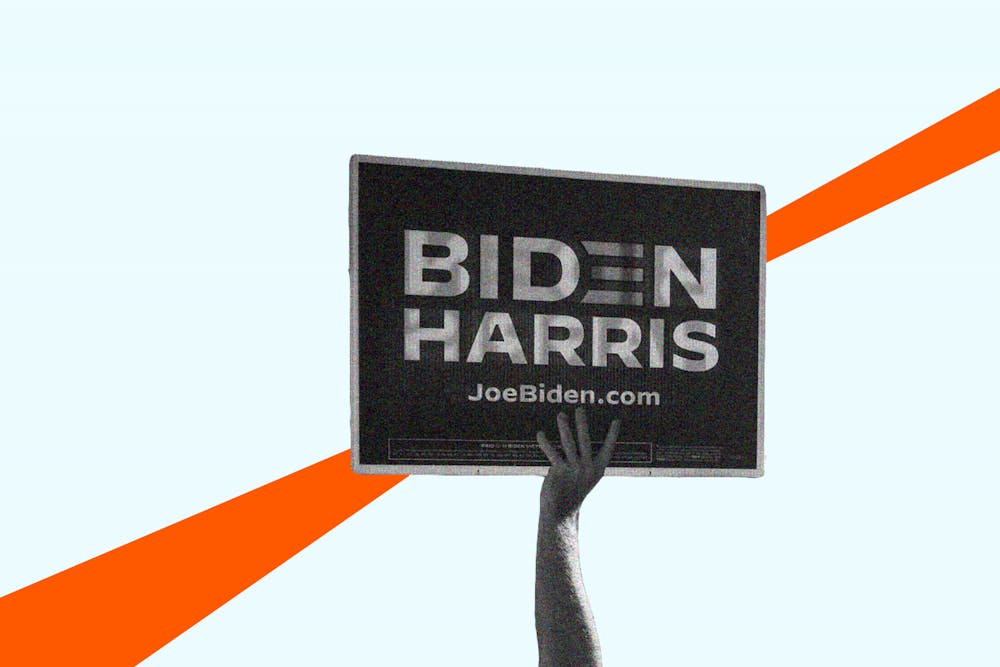The pandemic has taken an incredible toll on Asian American communities throughout the nation. From violent attacks on elderly Asian Americans in the Bay Area to calling COVID–19 the “Chinese virus,” it’s undeniable that anti–Asian hate crimes have spiked in the past year. With the repeated assault on Asian Americans in a system that renders them unimportant, representation in the political sphere is increasingly important for addressing issues facing the AAPI community.
However, despite President Joe Biden’s promises that he would build an administration that “looks like America,” there are no Asian Americans in secretary–level cabinet positions. While there were large pushes from Asian American congressmen for greater AAPI representation in Biden’s cabinet, Biden has refused to budge.
Asian American underrepresentation in politics is nothing new. From traditional exclusion in political campaigning to the perpetration of the model minority myth, AAPI communities have been consistently been ignored by politics, with many issues of community concern going unaddressed and overlooked. Despite this, Asian Americans have shown that they are a political force to be reckoned with.
By turning out in record numbers during the 2020 election, Asian Americans helped Georgia turn blue and served as a deciding factor in Biden’s victory. With Vice President Kamala Harris’ South Asian identity, it seems obvious that Asian American representation is essential in appealing to AAPI communities. Once organized, Asian American voters are evidently powerful, influential, and politically significant. Yet for the first time in two decades, there will not be an Asian American secretary in President Biden’s cabinet.
It’s not that there weren’t any qualified Asian Americans to do the job. From Arun Majumdar, who headed Biden’s Department of Energy transition team to Julie Su, a widely endorsed contender for the Secretary of Labor position, there was a wealth of AAPI policymakers to choose from. Yet Biden’s refusal to nominate any of these qualified Asian American experts serves as a slap in the face to a community that helped elect him.
From Japanese internment to the Chinese Exclusion Act to the forced annexation and colonization of Hawaii, AAPI voices have been undermined, suppressed, and ignored in American history. Even today, America disregards struggles relevant to diverse Asian American communities by labeling Asians as “white” while simultaneously telling them to go back to where they came from. It's clear that Asian Americans often straddle the line between assimilation and alienation, but for both choices, AAPI issues go ignored and exacerbated by political apathy.
While Biden has worked to build a record–breaking, otherwise diverse cabinet, it still feels as if there’s no place for Asian Americans in what President Biden calls a cabinet that “looks like America.” With the AAPI community consistently "other"–ed and labeled as “foreign” by society, this lack of representation in a cabinet that’s supposed to mirror American demographics feels all too familiar. By choosing not to include Asian Americans in his cabinet, Biden reaffirms the status of Asian Americans as perpetual foreigners in a country that they call home.







